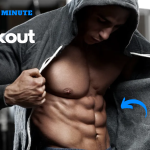Are You Wasting Time Doing Sit-Ups Every Day? Here’s the Smarter Way to Train Your Abs
If you’ve been grinding out crunches daily hoping for those six-pack abs to appear, you’re not alone—and you might be doing more harm than good. Many gym-goers still believe the myth that daily ab workouts are the only path to a chiseled core. But here’s a fact: Your abs, like any other muscle group, need rest and variety to grow stronger.
In this guide, we’ll give you a powerful, science-backed, and sustainable weekly abs workout routine—built for real results. Whether your goal is visible abs, better posture, or a stronger midsection, this plan will help you unlock a fitter core without overtraining or getting bored.
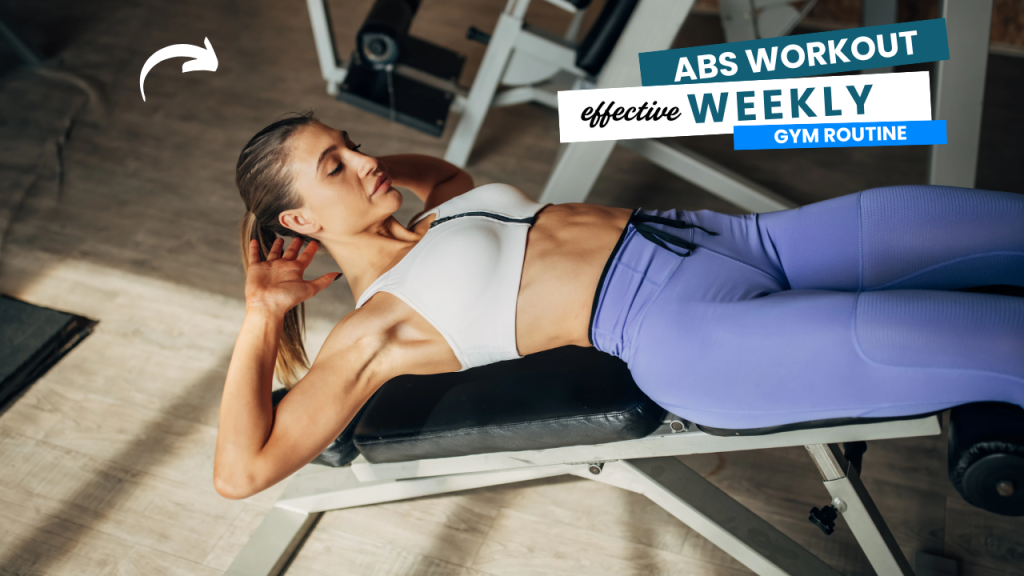
What Can Happen After 30 Days of This Abs Workout Routine
| Benefit | What You May Notice |
|---|---|
| Stronger Core | Improved stability in daily movements and gym lifts; better balance and posture. |
| Visible Muscle Definition | Slightly more toned abdominal region if paired with proper diet and cardio. |
| Reduced Belly Bloating | Regular movement and core engagement can enhance digestion and reduce water retention. |
| Better Mind-Muscle Control | Improved ability to engage and isolate your abs during exercises. |
| Enhanced Posture | Stronger core supports better spinal alignment and reduces slouching. |
| Increased Workout Performance | Lifts like squats, deadlifts, and overhead presses may feel more stable and powerful. |
| Fat Loss (if combined with calorie deficit) | Small drop in waistline or body fat, especially around the midsection. |
| Routine Discipline | You’ll develop a consistent fitness habit and understand your body’s recovery cycle. |
Note: Results may vary depending on body type, diet, sleep, and overall lifestyle. But 30 days of commitment is enough to feel noticeable internal changes, even if visual ones are still in progress.
Why Focus on Abs? It’s More Than Just Aesthetics
Did you know? Your abdominal muscles play a critical role in balance, spinal support, and injury prevention.
A strong core enhances performance in nearly every gym exercise—from squats to deadlifts—and reduces the risk of lower back pain. Training your abs also improves your functional fitness, helping with daily tasks like lifting groceries or playing sports.
The Myth of Daily Ab Workouts
Let’s bust one of the biggest fitness myths:
Myth: You need to train your abs every day to get results.
Truth: Your abdominal muscles need recovery just like your biceps, chest, or legs.
Overtraining can lead to fatigue, poor posture, and minimal muscle growth. 3–4 sessions per week is the sweet spot for most people, especially when combined with full-body strength training and proper nutrition.
Weekly Abs Workout Routine Overview
This 7-day structure balances core activation, strength training, functional movement, and active recovery. Each ab session takes about 15–25 minutes, making it easy to integrate into your gym schedule.
| Day | Focus | Workout Type |
|---|---|---|
| Monday | Core Activation + Upper Abs | Strength & Isolation |
| Tuesday | Obliques + Mobility | Functional/Core Stability |
| Wednesday | Rest or Light Cardio | Active Recovery |
| Thursday | Lower Abs + Weighted Moves | Resistance Training |
| Friday | Full Core Circuit | High-Intensity Burn |
| Saturday | Compound Movements | Core + Full Body |
| Sunday | Rest | Recovery/Stretching |
Day-by-Day Abs Workout Breakdown
Monday: Upper Abs Focus
Goal: Isolate and activate the upper rectus abdominis.
Workout:



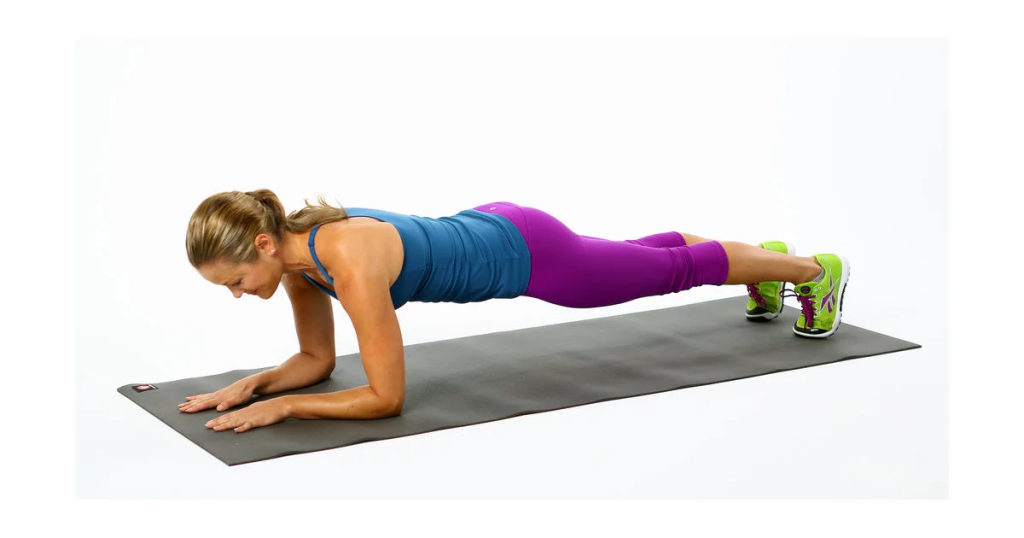
Tip: Squeeze at the top of every crunch. Quality beats quantity.
Tuesday: Obliques & Mobility
Goal: Engage obliques and improve lateral movement.
Workout:


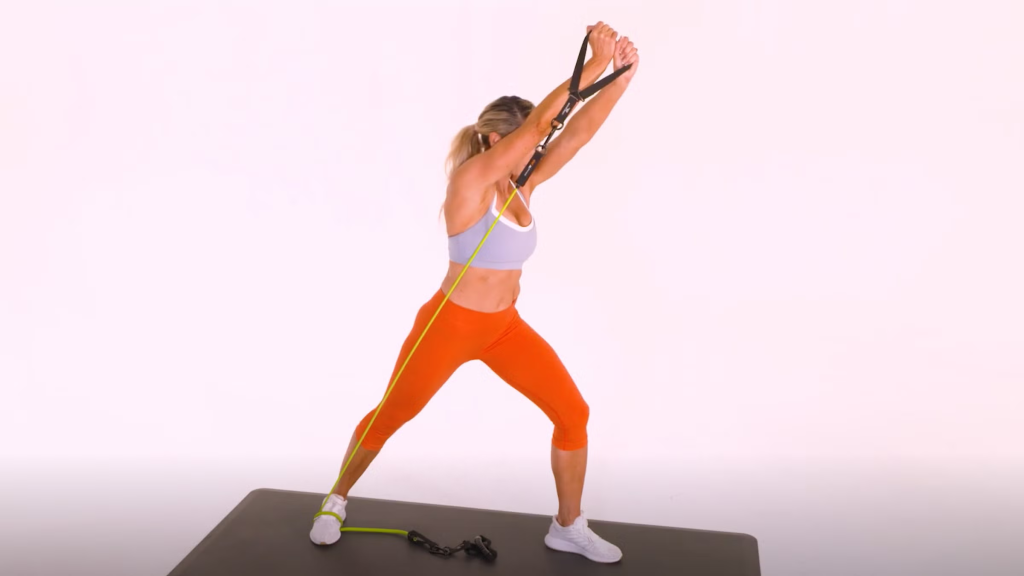

Interesting Fact: Strong obliques contribute to better rotational strength—crucial for sports like tennis, baseball, or martial arts.
Wednesday: Active Recovery
Goal: Let your abs recover and increase blood flow.
Suggestions:

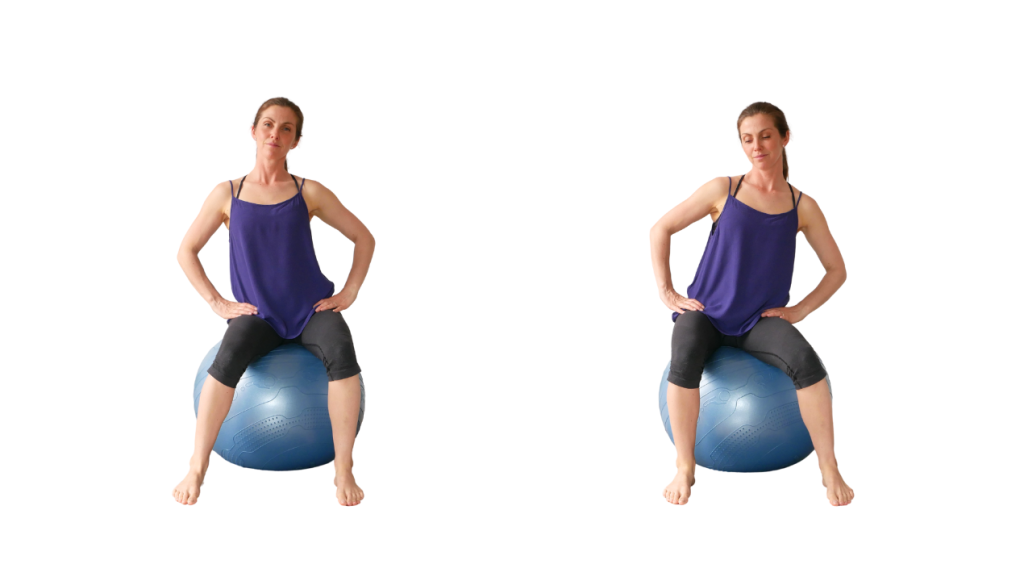

Thursday: Lower Abs & Weighted Core
Goal: Target the harder-to-reach lower abs and increase resistance.
Workout:




Do you know? Lower abs are not “separate” muscles—they’re part of the same muscle group. Targeting them just means emphasizing movement at the hips.
Friday: Full Core Circuit
Goal: Burnout circuit combining all regions of the core.
Workout (Perform 3 rounds):


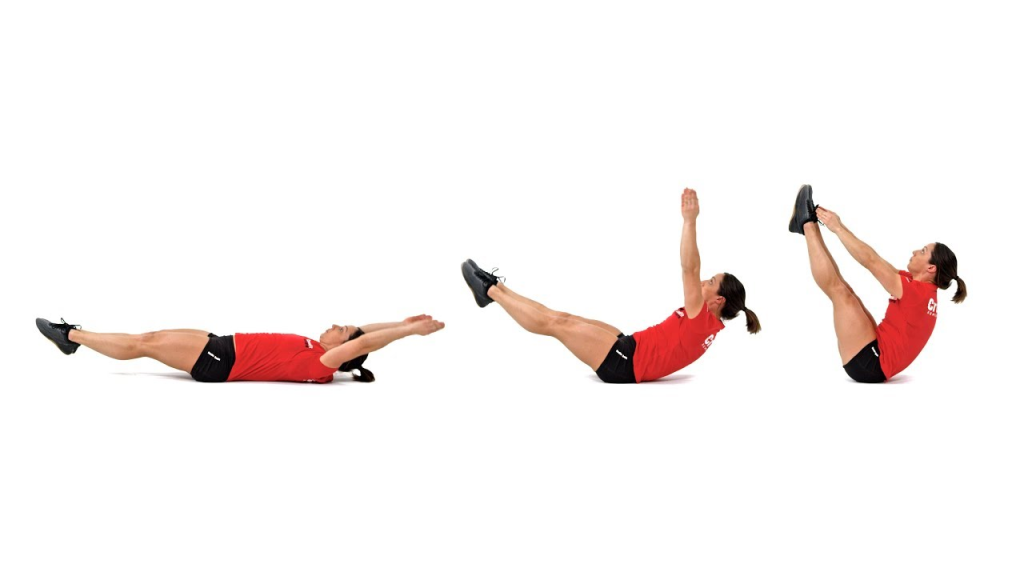


Rest 60 seconds between rounds.
Saturday: Compound Core Builders
Goal: Engage core through total-body compound lifts.
Workout:
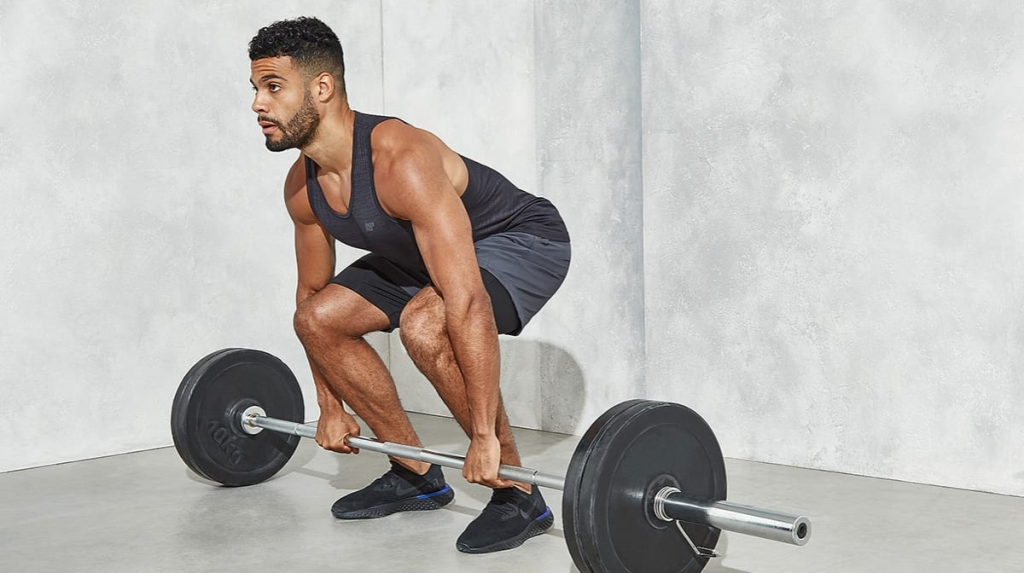



Fact: The core is heavily engaged during compound lifts—this builds real-world strength and deep core endurance.
Sunday: Recovery & Stretch
- Perform static stretches: cobra stretch, child’s pose, seated twist
- Foam rolling or massage
- Optional: Breathing exercises for diaphragm/core relaxation
Bonus Tips to Maximize Your Abs Routine
- Nutrition Matters: Visible abs are built in the gym but revealed in the kitchen. Stay in a slight calorie deficit with high-protein meals.
- Mind-Muscle Connection: Focus on feeling each movement—don’t rush reps.
- Progressive Overload: Gradually increase resistance, reps, or duration every 2–3 weeks.
Final Thoughts: Build Smarter, Not Just Harder
Training your abs effectively is about quality programming, not endless crunches. This weekly routine promotes variety, recovery, and functional strength—ensuring your abs aren’t just for show, but truly strong from the inside out.
If you’re ready to break the cycle of ineffective ab workouts, try this plan for four weeks and feel the difference—not just in your mirror, but in your posture, lifts, and daily confidence.
Frequently Asked Questions (FAQs)
Can I do abs workouts every day?
While you can do light core activation daily, it’s not recommended to train your abs intensely every single day. Abs are muscles like any other and require rest to recover and grow. Aim for 3–4 focused sessions per week for best results.
How long should an abs workout be?
An effective abs workout typically lasts between 15 to 25 minutes, depending on intensity and goals. For maximum impact, focus on quality over quantity and include variety across the week (upper abs, lower abs, obliques, and core stability).
Will ab workouts alone give me a six-pack?
No. Abs are made in the gym and the kitchen. Even the best workout routine won’t make abs visible unless your body fat percentage is low enough. A balanced diet, cardio, and strength training are essential to revealing abdominal muscles.
How soon will I see results from abs workouts?
Results vary based on body composition, diet, consistency, and genetics. With proper training and clean eating, some people notice core strength improvements in 2–3 weeks and visible changes in 6–8 weeks.
Can I build abs with weights?
Absolutely. Weighted abs exercises help increase core strength and muscle definition. Just like any other muscle group, the abs respond to progressive overload through resistance training.


